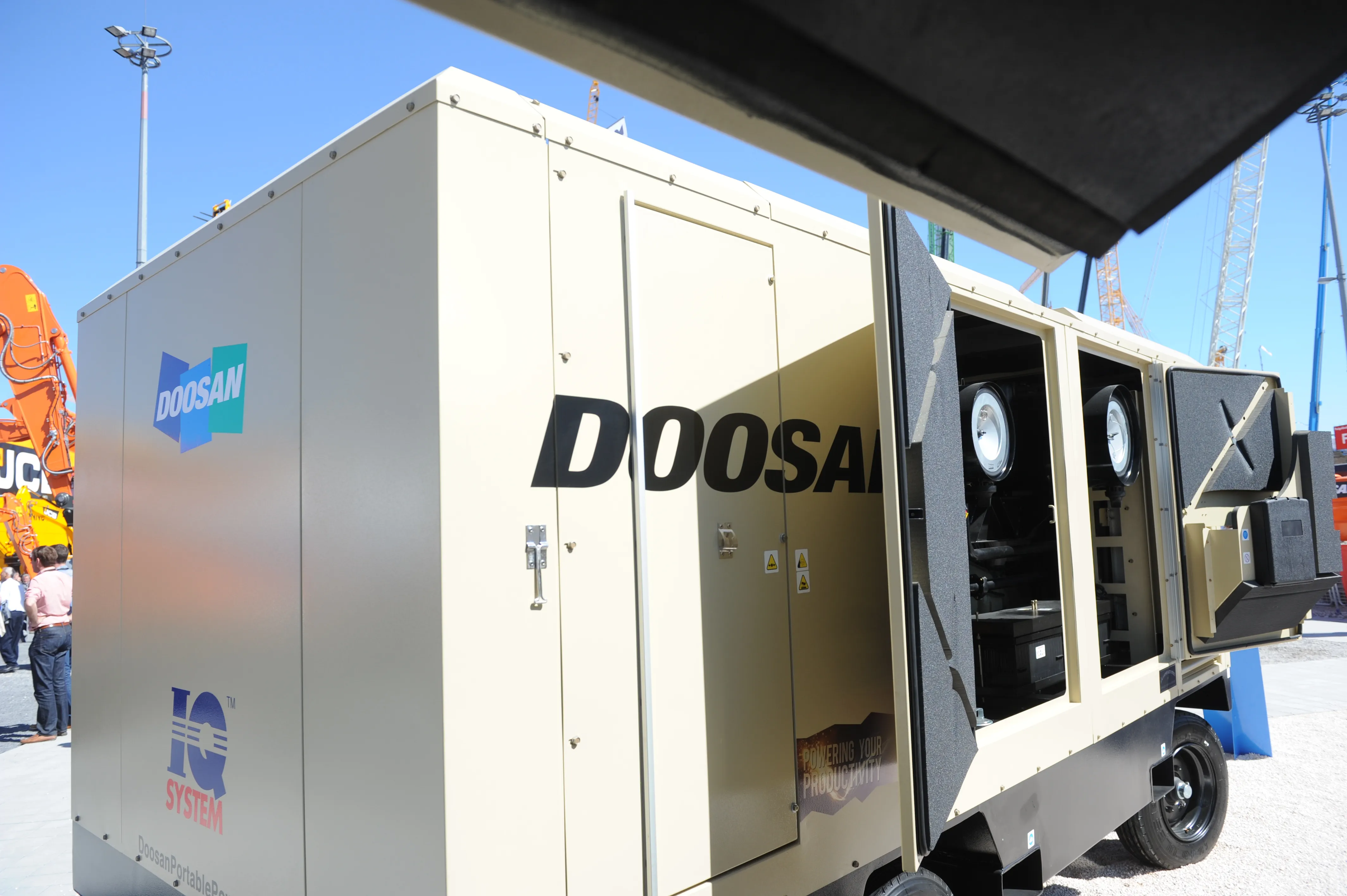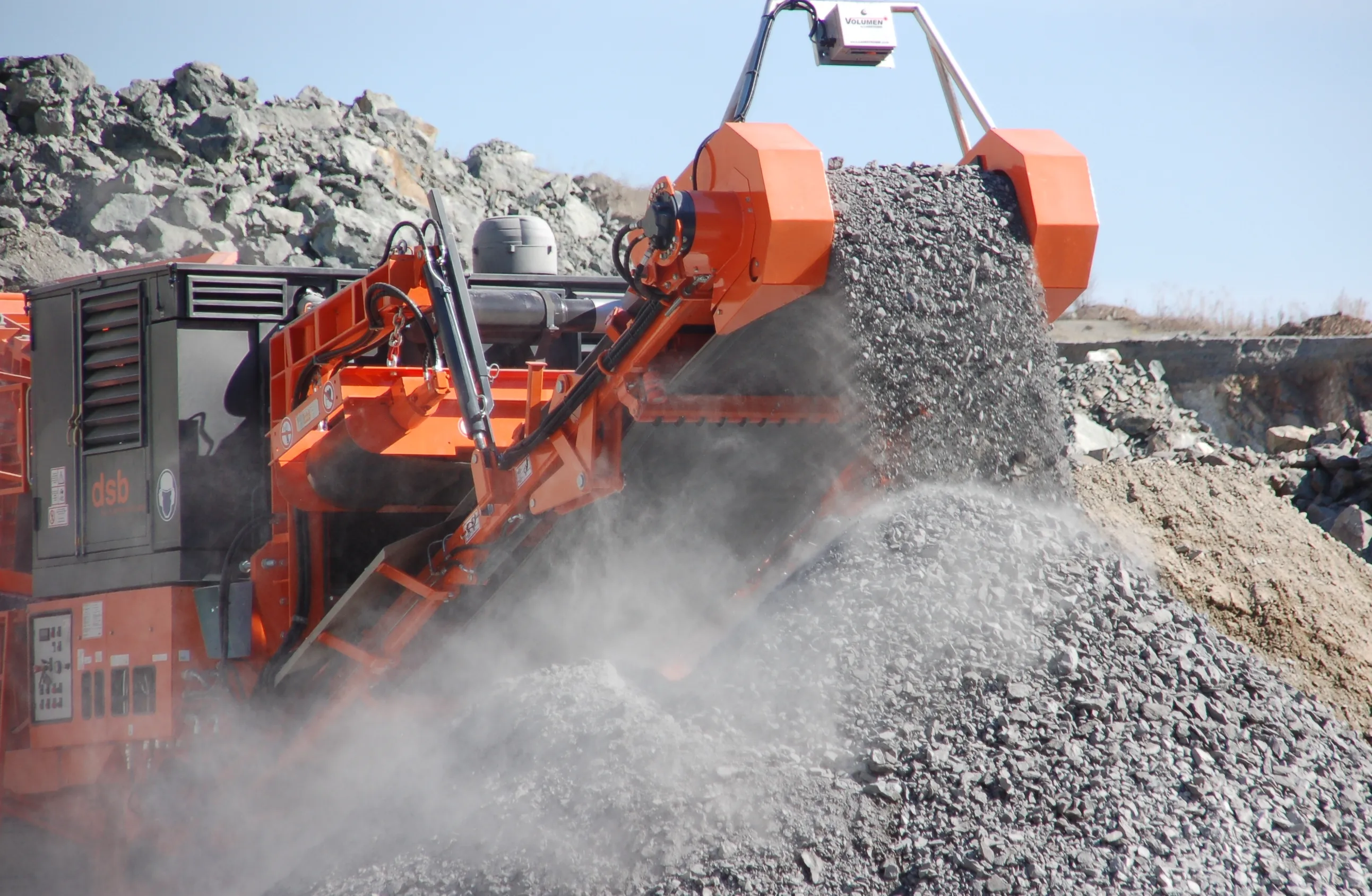A proposed Occupational Safety & Health Administration (OSHA) regulation concerning exposure to crystalline silica is based on decades old data and flawed economics, claims the American Road & Transportation Builders Association (ARTBA).
At issue is OSHA’s plan to regulate the worker exposure to respirable crystalline silica. Crystalline silica is found in nearly all transport construction materials and products and can even be found naturally in the ambient air.
February 17, 2014
Read time: 2 mins
A proposed 5158 Occupational Safety & Health Administration (OSHA) regulation concerning exposure to crystalline silica is based on decades old data and flawed economics, claims the 920 American Road & Transportation Builders Association (ARTBA).
At issue is OSHA’s plan to regulate the worker exposure to respirable crystalline silica. Crystalline silica is found in nearly all transport construction materials and products and can even be found naturally in the ambient air.
In comments submitted to OSHA, the association contends the agency is attempting to set crystalline silica exposure limits at levels which are unworkably low. Specifically, ARTBA pointed to studies OSHA relied upon in formulating the new rule which date back to the 1930s, and do not take into account both technological and modern safety advancements that have dramatically reduced the negative health effects from crystalline silica exposure.
ARTBA claims OSHA may be doing more harm than good with its proposal, citing portions of the rule that could require workers to wear respiratory devices. “When coupling the necessity of strenuously working in high heat, amongst heat generating materials while wearing a respirator, OSHA is creating a significant, real danger to human health that far exceeds the potential hazard from silica exposure,” ARTBA said.
The association’s comments also questioned the basis of OSHA’s economic analysis, noting the agency’s source information is difficult to verify and “the true per company cost of meeting the proposed standards” was unknown. “By averaging the cost of compliance across all workers, this could potentially understate the costs of compliance for businesses that could not meet the new standard,” according to ARTBA.
The full text of the comments can be found in the “regulatory affairs” section of %$Linker:2 External <?xml version="1.0" encoding="utf-16"?><dictionary /> 0 0 0 oLinkExternal www.artba.org Visit: www.artba.org false http://www.artba.org/ false false %>
At issue is OSHA’s plan to regulate the worker exposure to respirable crystalline silica. Crystalline silica is found in nearly all transport construction materials and products and can even be found naturally in the ambient air.
In comments submitted to OSHA, the association contends the agency is attempting to set crystalline silica exposure limits at levels which are unworkably low. Specifically, ARTBA pointed to studies OSHA relied upon in formulating the new rule which date back to the 1930s, and do not take into account both technological and modern safety advancements that have dramatically reduced the negative health effects from crystalline silica exposure.
ARTBA claims OSHA may be doing more harm than good with its proposal, citing portions of the rule that could require workers to wear respiratory devices. “When coupling the necessity of strenuously working in high heat, amongst heat generating materials while wearing a respirator, OSHA is creating a significant, real danger to human health that far exceeds the potential hazard from silica exposure,” ARTBA said.
The association’s comments also questioned the basis of OSHA’s economic analysis, noting the agency’s source information is difficult to verify and “the true per company cost of meeting the proposed standards” was unknown. “By averaging the cost of compliance across all workers, this could potentially understate the costs of compliance for businesses that could not meet the new standard,” according to ARTBA.
The full text of the comments can be found in the “regulatory affairs” section of %$Linker:







